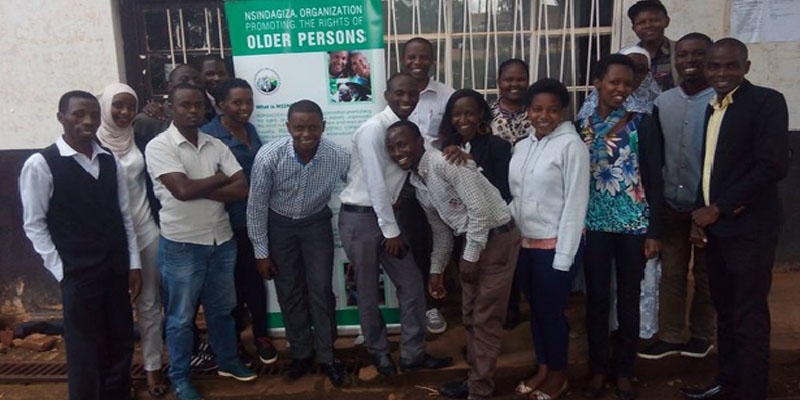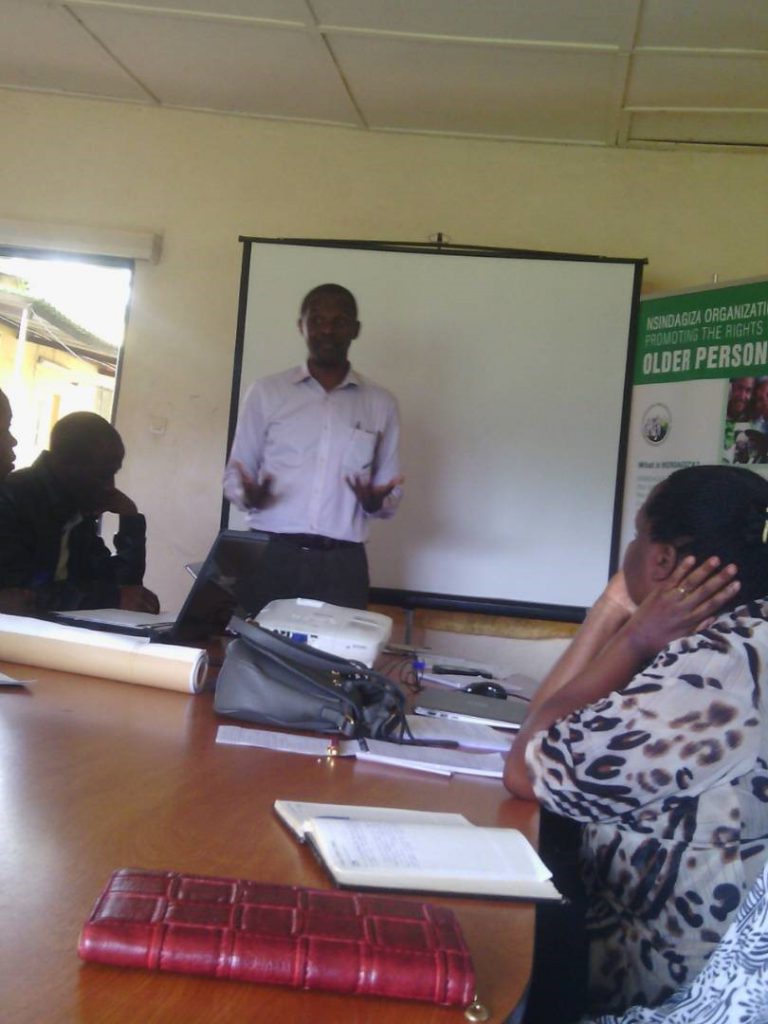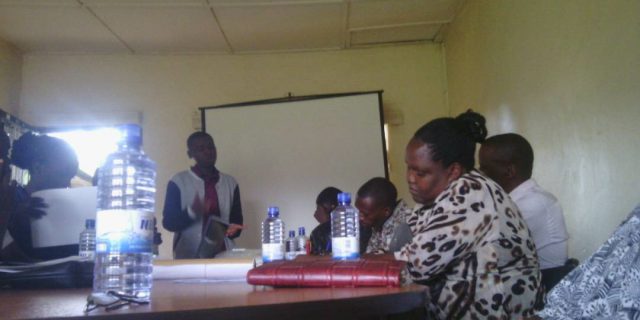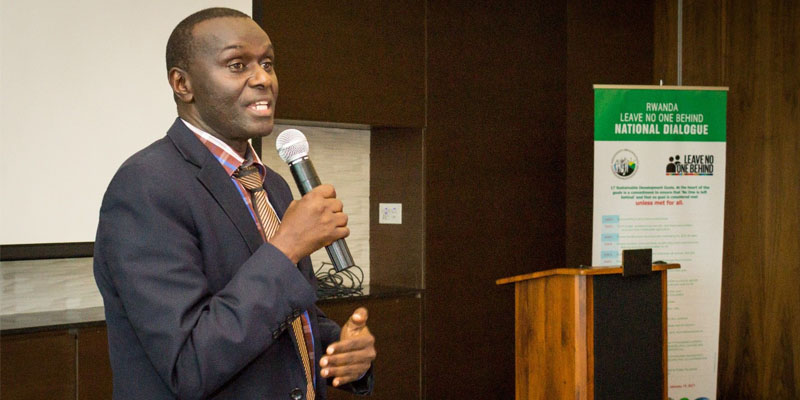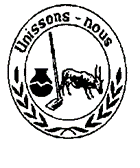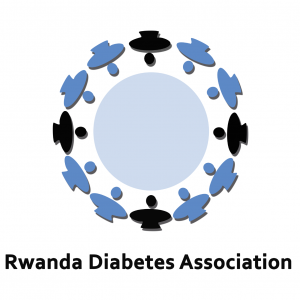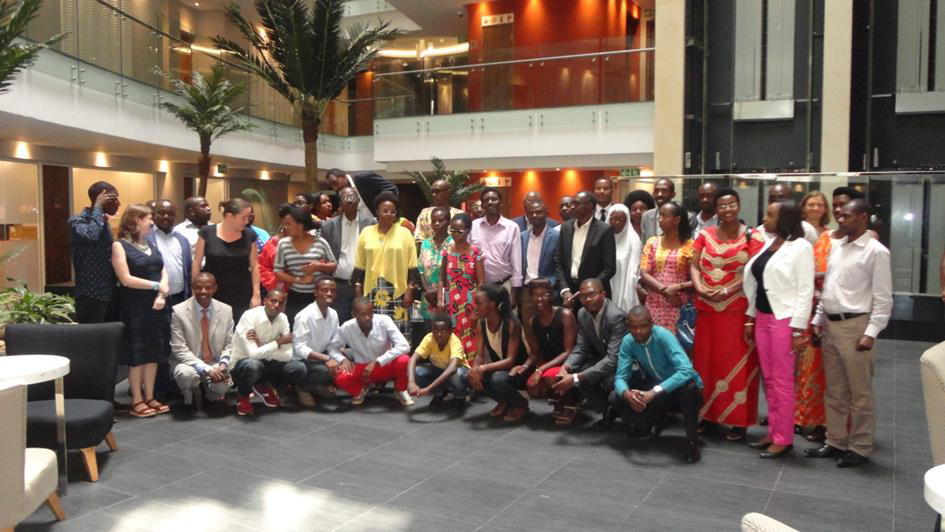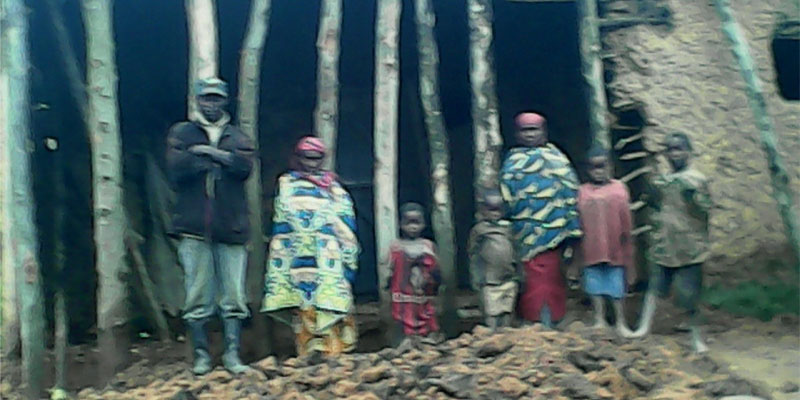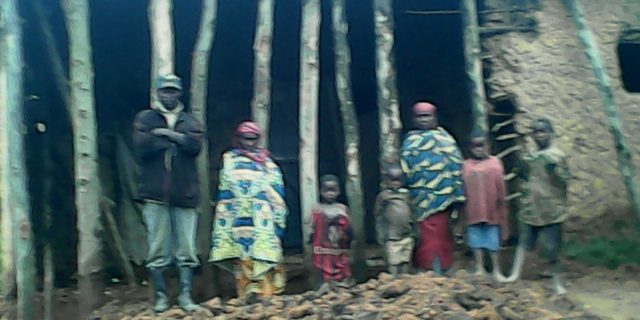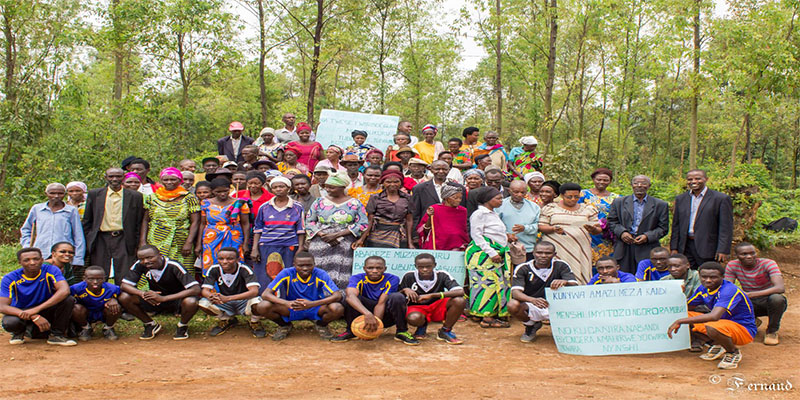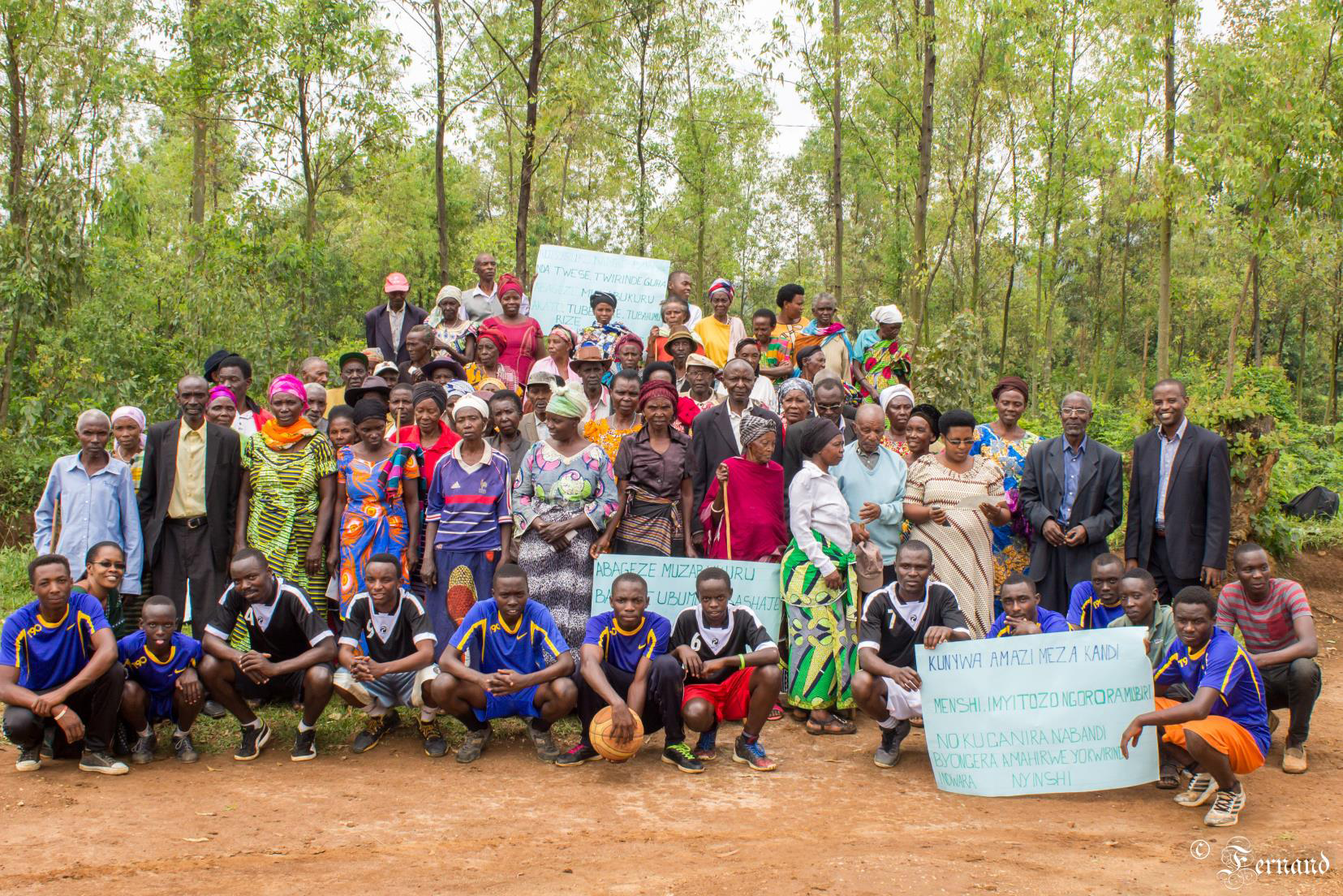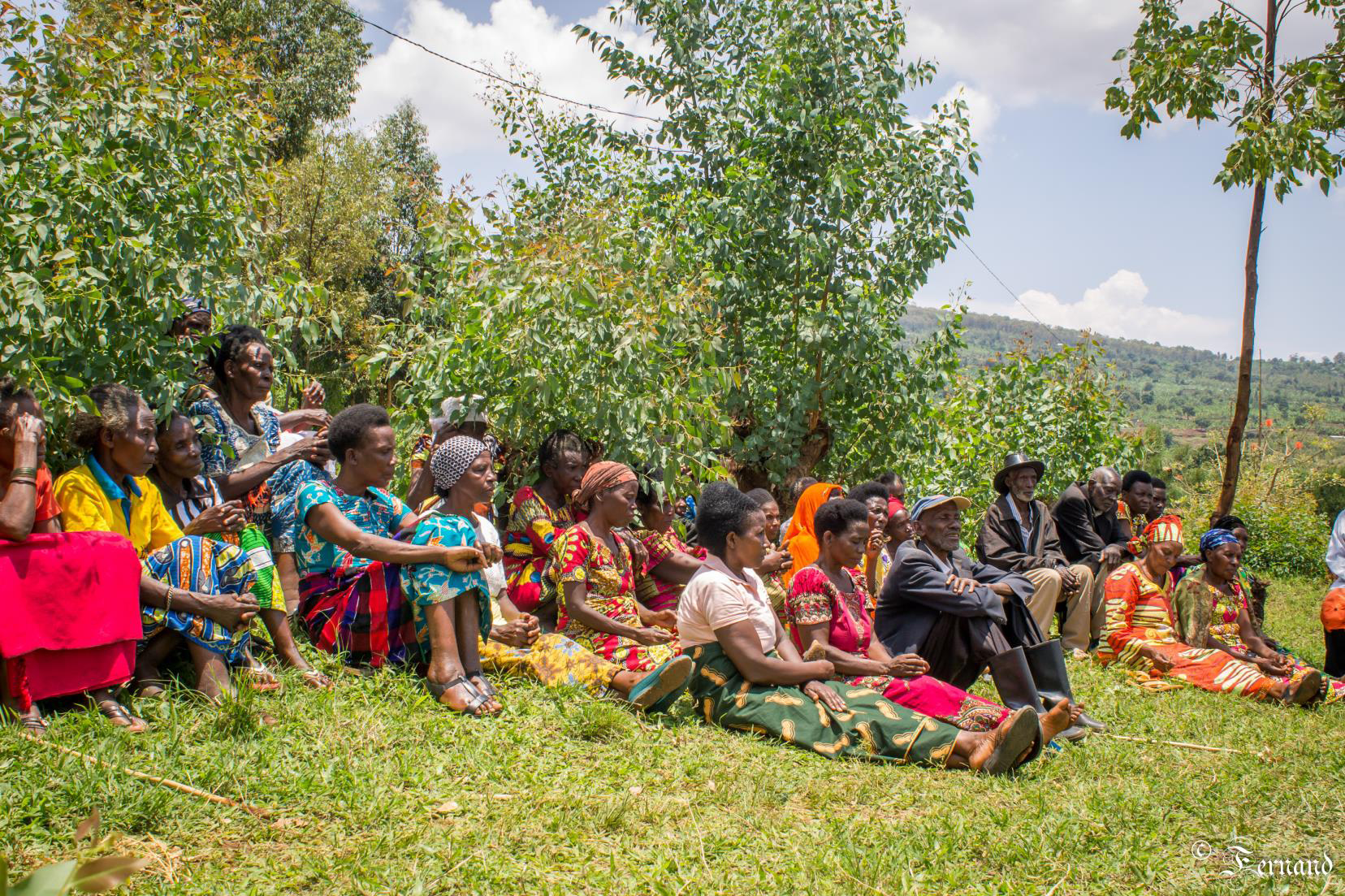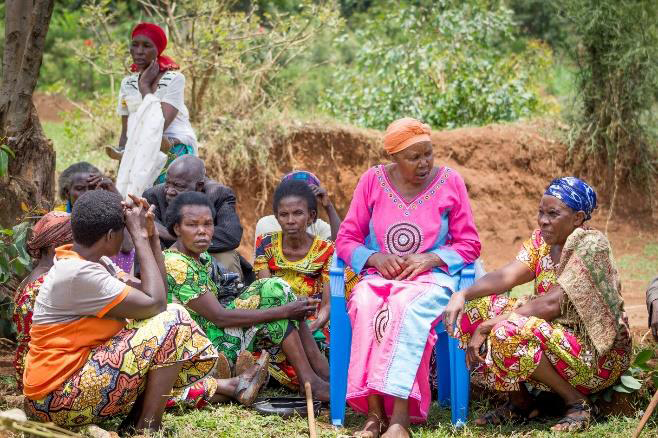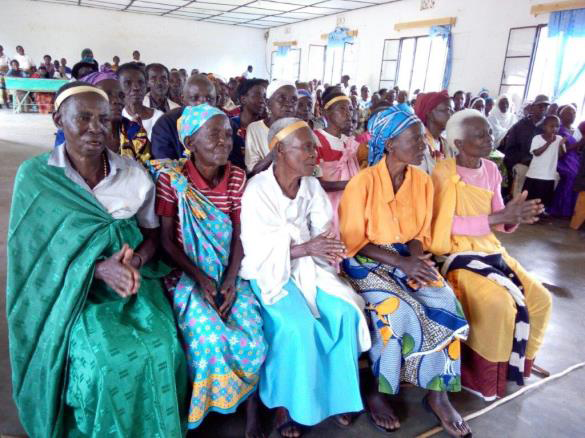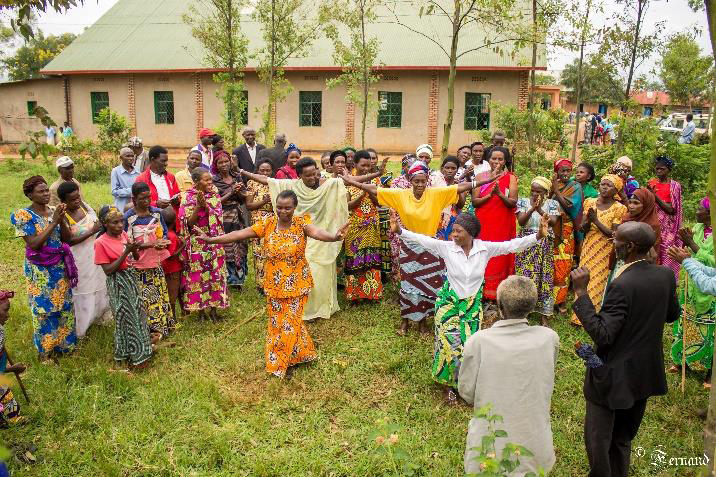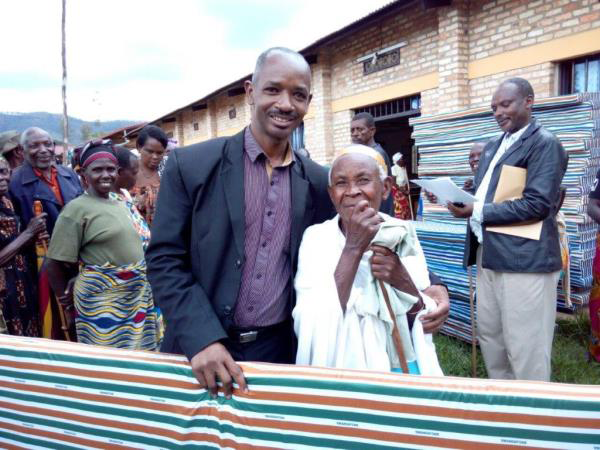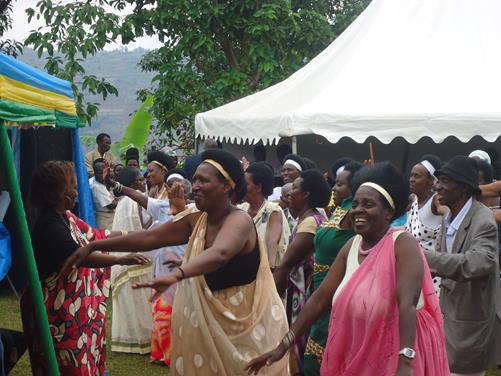The Minister of Gender and family promotion (MIGEPROF), Hon. Esperance NYIRASAFARI, received in her office the delegation from NSINDAGIZA Organization promoting the rights and welfare of older persons on August 16, 2017.
The delegation was composed by Mr Elie MUGABOWISHEMA- the President of NSINDAGIZA, Madam Zainabo MUKARURINDA- the President of the Huye elderly support group and Mr Eugene MUREKEZI- the Board member of the St Vincent of Paul Society.
The objective of this audience was to strengthen the partnership and collaboration between the Government and the Civil Society working with older persons in Rwanda, in order to increase the social inclusion of older persons and ensure that no one is left behind in the sustainable development goals.
The delegation emphasized the inclusion of older persons in the EDPRS 3 and shared the concern that there is no specific policy on the rights of older persons and that there is no forum for older persons.
The Minister said that MIGEPROF is concerned by the challenges faced by older persons, promised her support to the Civil Society and appointed the focal person for the age related collaboration. She promised that the elderly are going to be among the priorities in the discussions during the evening parents’ forum (Umugoroba w’Ababyeyi) and Friends of the family (Inshuti z’Umuryango) network all over the country. The Ministry will also include, in the family campaign, the role of the families and community to sustain the rights and welfare of older person and give them the opportunity to educate the young generation.
